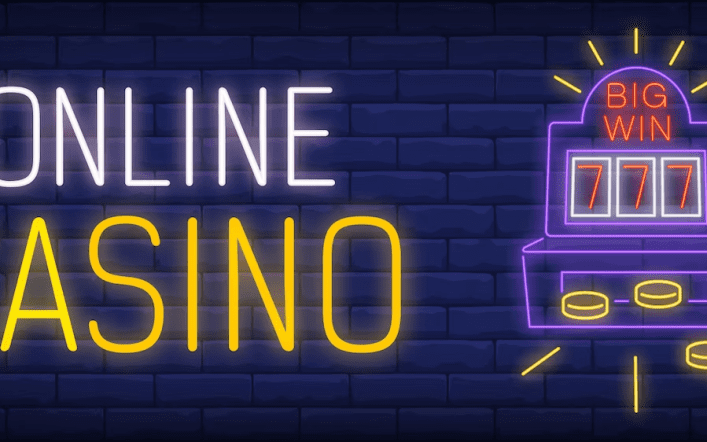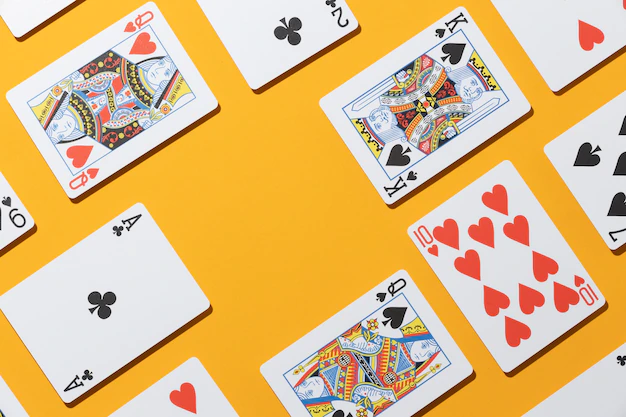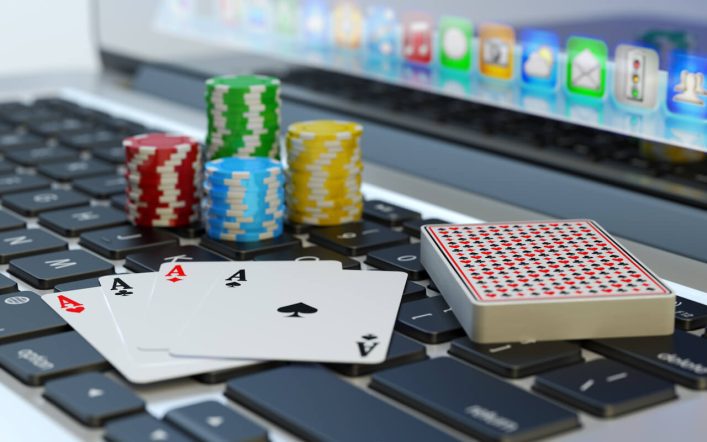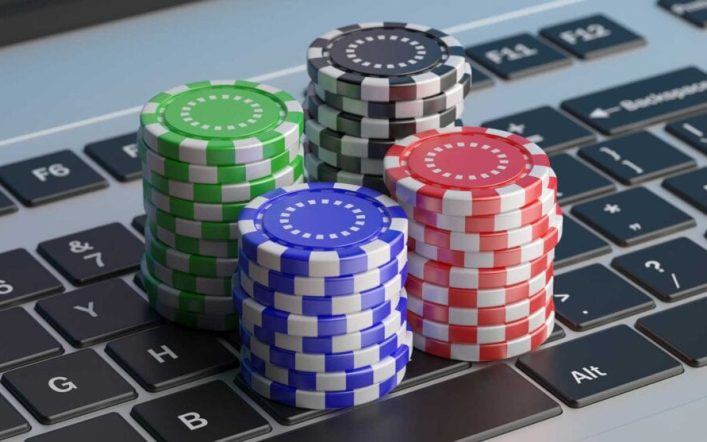Why Mind Sports are ‘Proper’ Sports
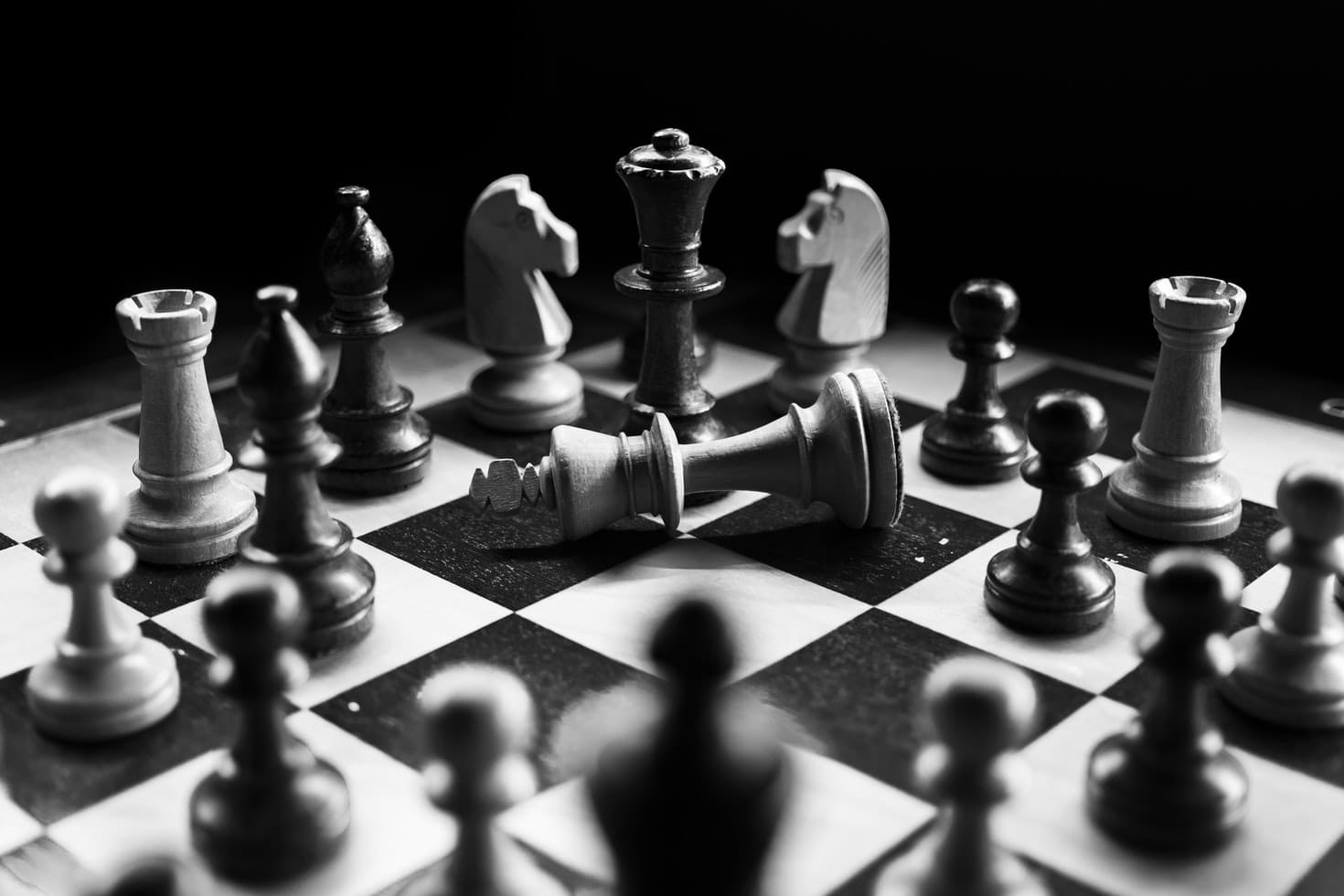
Proper sports involve physical exertion, right? Well, no, actually. There’s a whole section of sports parallel to the team sports and athletic endeavours you’re used to that require exceptional mental agility.
Welcome to the world of mind sports. More often defined as a group of games that test participants’ cognitive abilities and mental strength and performance, these activities can be thought of as the intellectual equivalent of the Olympics. In fact, there’s even an annual Mind Sports Olympiad – more on that later.
Piqued your curiosity? Then read on to find out more about mind sports and what participating in these classic strategic games could do for you.
What Are Mind Sports?
In the days before video games became the most popular form of at-home entertainment, the OG mind sports were all the rage with people across all four corners of the globe. Chess and Xiangqi are two such games and have been in existence for thousands of years.
Mind sports, then, can be thought of as competitive games of skill, the outcome of which is determined by the ability to execute a winning strategy.
In recent years, games like poker have become officially recognised as mind sports and even eSports – the competitive arm of video gaming – are now often encompassed within the mind sports category.
Of course, not every mind sport needs to be played as a sport. Chess, for example, appeals to a huge range of players, from curious hobbyists right the way through to gamers with professional ambitions. Poker, too, is another mind sport with far-reaching appeal – according to the WPT, there are over 100 million poker players worldwide. Similarly, activities that are closely linked to mind sports can be played with a more strategic mindset, even if competitive opportunities aren’t available. Take slots gaming, for instance. A staple of the casino industry, online slots can be taken to the next level with the adoption of a calculated approach to the game.
What Are the Benefits of Mindsports?
From poker to mahjong, plenty of research has been done into the direct effects playing mind sports has on cognitive function.
When you play a mind sport, you’re effectively honing your critical thinking skills – improving your ability to analyse situations and make effective decisions, even with limited information at hand. Such skills are particularly important in the workplace, where you may often need to make critical decisions despite not knowing all the potential outcomes.
Regularly engaging in a mind sport also sharpens your cognitive ability, boosting short term memory recall and pattern recognition. Most mind sports contain repetitive features, from shapes to colours and categories, so being able to remember and visualise these crucial details with ease is all part of the territory.
At their heart, mind sports are activities that are both fun to participate in but also stunningly effective when it comes to developing cognitive functions and increasing your intellectual prowess.
Professional Competition
When compared to physical sports like basketball, football or boxing, in which you need elite level skills to succeed as a professional, mind sports are a lot more inclusive.
Sure, some people are just born with an innate talent that makes the pathway to becoming a Grandmaster in chess a breeze, but anyone can learn the game and develop a high level of proficiency.
It’s no wonder, then, that the International Olympic Committee (IOC) has recognised a list of mind sports, including bridge, chess, draughts, mahjong and xiangqi that could, one day, feature as official events in the Olympic Games.
Until then, there are lots of professional opportunities for mind sports. In 2010, the Asian Games in Guangzhou held three mind sports tournaments on the official programme, while, in 2022, eSports events will be held on the programme.
Meanwhile, there’s always the Mind Sports Olympiad for aspiring competitors to work their way towards. Having been in existence since 1997, the olympiad is a truly international affair that brings together competitors in over 100 different events.
Chess, backgammon and Scrabble are three of the staple games recognised at the event, but in more recent years, games like Settlers of Catan and Dominion have been added to the programme. The olympiad even includes the Amateur Poker World Championship as well as the Mental Calculations World Championship.


